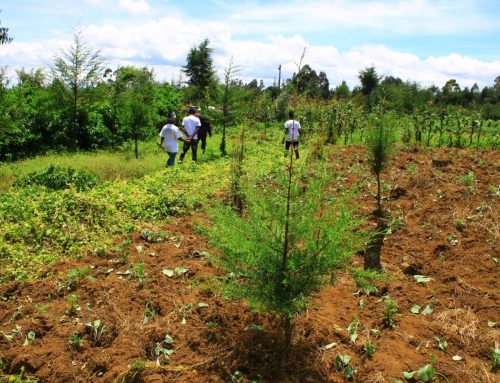Understanding the Impact of Climate Change
Climate change is reshaping our world, and the effects are becoming increasingly evident. At the forefront of this issue is global warming, driven by the melting of polar ice, warming oceans, and shifting weather patterns. As we navigate these changes, one pressing concern is the rising sea levels, which pose a threat to coastal regions and entire islands.
Climate change is causing shifts in rainfall patterns, with higher latitudes receiving more rain and subtropical areas experiencing considerable decreases. These changes in temperature and precipitation can disrupt food crop production, affecting communities worldwide.
The impact of climate change extends beyond temperature and rainfall. Plant and animal species are adapting by shifting their habitats towards cooler regions, leading to potential extinctions for those unable to make such adjustments.
One of the most immediate and visible consequences of climate change is flooding. When the land can’t absorb excess water, floods occur, wreaking havoc on both human and natural habitats. Soil erosion, destruction of wildlife habitats, and economic losses are among the dire consequences. In response to this, DKF’s team highlights effective control measures.
Reforestation emerges as a key strategy, as trees play a crucial role in preventing soil erosion during heavy rains and flash floods. Their roots stabilize the soil, and their branches provide protection from downpours. The removal of forests has been linked to costly floods and subsequent droughts in many areas.
DKF advocates for various flood-control measures, including levees, dams, reservoirs, and floodways. Levees, for instance, raise riverbanks to contain maximum flows. In cases where levees might be insufficient, dams and floodways offer alternative solutions.
Evelyn Wanjugu Kimathi, CEO of Dedan Kimathi Foundation, emphasizes the importance of proactive measures to mitigate the impact of climate change. The Foundation’s commitment to reforestation and comprehensive flood-control strategies showcases a dedication to environmental sustainability.
In conclusion, as we witness the tangible effects of climate change, it is crucial to acknowledge the interconnectedness of our actions with the environment. By understanding the challenges posed by global warming, we can collectively work towards sustainable solutions to protect our planet for future generations.






